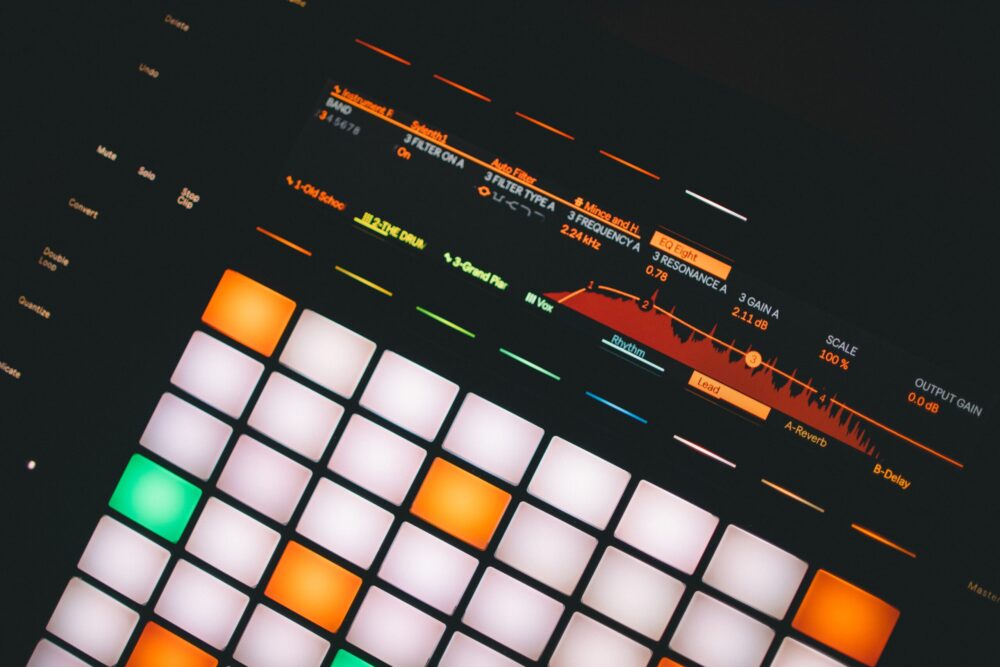Shutterstock purchased Amper in 2020, and Apple acquired AI Music in 2022, indicating a shift in how licensed music would be produced in the future.
The use of AI in music production and listening experiences is rapidly evolving. You may learn a lot about this exciting new field by trying out several AI music applications; who knows? They could inspire you to compose your masterpiece!
This article will discuss many methods for doing this. We’ll be talking about the best five AI-powered music applications below.
1. AIVA Song Generator

AIVA creates music for movies and television programs and emotionally loaded soundtracks for advertising and video games.
It can conduct sophisticated editing on existing music and make music in a predefined manner. Also, it may help those interested in more niche musical creations.
AIVA is useful for everybody in the creative process, from independent game developers to total music novices to seasoned professional composers.
The free version of the application is good to use if you don’t have any pressing needs for a more personalized, sophisticated, and potent artificial intelligence music composer; nevertheless, the premium version is also worthwhile to consider.
2. AudioCipher Melody Generator & MIDI Plugin

Words may be converted into music with the help of AudioCipher, a melody generator. To simulate Dalle 2 and MidJourney, the MIDI plugin enhances open-source AI music tools like OpenAI Musenet.
Rather than inputting words to make visuals, you may use AudioCipher to generate tunes. After that, send them to an AI music tool to expand on the musical idea.
3. MuseNet MIDI Generator

MuseNet is a MIDI output specialist. Several variables, including tone, instrumentation, and playtime, are at your control. A musical track must be chosen from a list, so the algorithm has something to work with. If you have an existing MIDI concept, you may submit it straight to MuseNet, and the program will expand on it for you.
Play the MIDI output from your browser. You may choose to export your work as an audio file or MIDI if you like what you hear. The notes may be edited in your digital audio workstation after exporting to MIDI.
One of MuseNet’s shortcomings is that they have a rather restricted selection of styles to pick from. Thankfully, you will always have the opportunity to choose the kind of audio produced since you can seed your music. The convenience of having such a program included inside the DAW would greatly improve workflow.
Conclusion
The future of artificially intelligent music generation software is bright. The billions being invested into R&D ensure that we will see significant advances in the tools before the decade’s end.
It is possible to speed up the prototyping process by using artificial intelligence. It may generate additional audio layers for the recordings you’ve made. The only limitation, like with any plugin or program, is your creativity.
